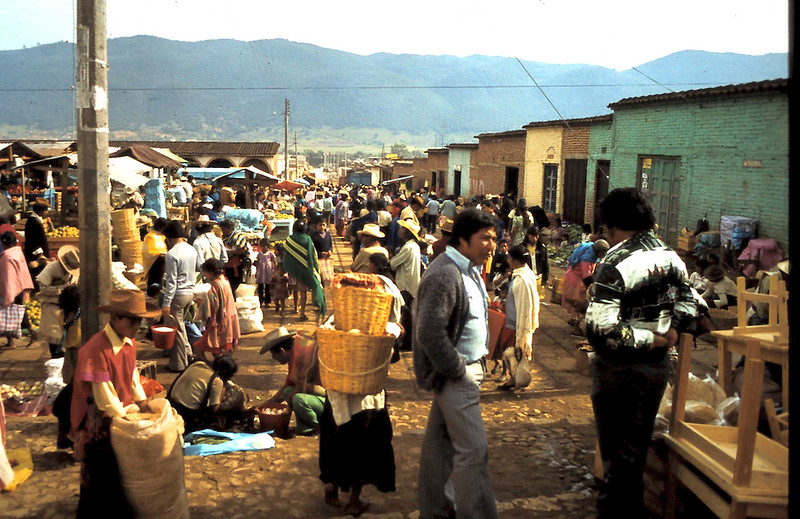Exploring Social Solidarity Economy
 For more than 25 years, the global economy has grown significantly. However, it has also faced challenges such as environmental degradation and wealth inequality. The top 10% of the world’s population holds more than half of global incomes, while the bottom half earns only 8%. As a result, there is a growing recognition of the need for alternative economic models prioritizing sustainability and fair resource distribution.
For more than 25 years, the global economy has grown significantly. However, it has also faced challenges such as environmental degradation and wealth inequality. The top 10% of the world’s population holds more than half of global incomes, while the bottom half earns only 8%. As a result, there is a growing recognition of the need for alternative economic models prioritizing sustainability and fair resource distribution.
One such alternative is the social solidarity economy (SSE), which focuses on cooperation, democratic decision-making and community welfare over profit maximization. SSE is a comprehensive approach that addresses not only economic concerns but also social and environmental issues, recognizing the interconnectedness of these factors.
These initiatives blend economic and social aspects rooted in sociocultural foundations and a rationale that intertwines productivity, participation, efficiency and welfare. SSE extends beyond economic realms to serve societal needs like health care, education and environmental protection, providing a holistic solution. Achieving these goals necessitates substantial efforts, particularly strong member commitment to democratic principles and cooperative work.
Social Solidarity Economy in Action
A compelling case study of SSE in action is found within the indigenous community of Nuevo San Juan Parangaricutiro, a village in Mexico. Through collaboration with governmental entities and a commitment to inclusive governance, this community has transformed a small sawmill operation into a diverse ecosystem of cooperative enterprises. By reinvesting profits into new projects to create job opportunities, Nuevo San Juan Parangaricutiro has seen significant growth, boasting more than a thousand jobs annually, with 800 permanent positions through its 11 community enterprises, including sawmills, furniture factories and tourism ventures.
The community’s organizational structure notably reflects its commitment to SSE principles, democratic decision-making and community engagement. At its core is the General Assembly of Community Members, which serves as the highest authority for decision-making, with approximately 1,254 individuals participating. Additionally, the Board of Directors, comprising the ejidal commissioner and the supervisory council, oversees governance matters. The Community Council serves as a platform for sharing experiences and knowledge, drawing from the extensive participation of members with decades-long involvement. Each company within the community operates under its own management, contributing to the collective prosperity of Nuevo San Juan Parangaricutiro.
Globalizing Localized Solutions
The International Network for the Promotion of the Social Solidarity Economy (RIPESS) facilitates the dissemination of SSE principles globally. RIPESS fosters collaboration among SSE practitioners worldwide through organizing meetings and knowledge-sharing platforms. By connecting local initiatives like Nuevo San Juan Parangaricutiro with regional, national and international entities, RIPESS enables the exchange of ideas and best practices, driving innovation and collective action towards more inclusive and sustainable economic systems.
Looking Ahead
RIPESS has achieved significant international success and recognition by collaborating with different branches of the United Nations, such as the United Nations Conference on Trade and Development (UNCTAD), the United Nations Economic and Social Council (ECOSOC) and the U.N. Inter-agency Task Force on Social Solidarity Economy (UNTFSSE).
However, the real challenge lies in expanding localized SSE models and incorporating them into conventional economic frameworks. Through fostering partnerships between governments, civil society organizations and the private sector, SSE presents a promising path towards a more equitable and environmentally sustainable future. In this future, prosperity is measured by the well-being of people and the planet, not just economic indicators.
– Spencer Springob
Photo: Flickr
